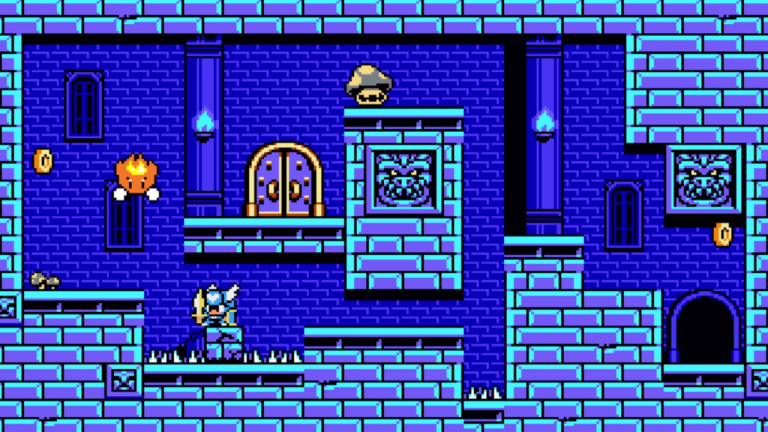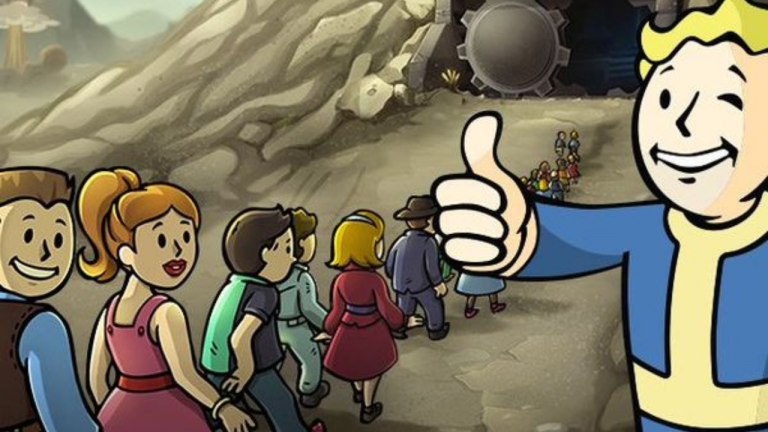(Image credit: Future)
This month I’ve been: testing the latest and greatest ROG Zephyrus G14. I’ve been thoroughly impressed with this compact machine, awarding it my pick as the best 14-inch gaming laptop.
Next up: I’ll be checking out two brand new SSDs and running them through our benchmarking suite. Stay tuned.
The internet used to be a simpler place. Don’t believe me? Just take a look at the site built for Windows 98. A simple menu offers access to a few key pages of information for any would-be Windows user: “cool things” coming to Windows 98, why you shouldn’t worry about Y2K, and how to uncover the secrets of the ‘Save As’ dialog box.
Dive into the step-by-step guide and you’ll find exactly how to go about using the Save As dialog box to save your many Word documents, filled with lyrics for edgy messenger statuses. The key advice to the budding computer user: “Sometimes the Windows dialog box will have additional buttons, based on the program you are using. Don’t be shy — click those buttons and see what they can do to make work easier for you.”
Another page offers advice on downloading the “world’s fastest modern browser”. Yes, Internet Explorer 5. What did you think I was going to say?
“Internet Explorer 5 not only displays Web pages faster, it’s designed to save you time on the things you do most often,” according to Microsoft. You can either download IE5 directly from the MS website or “order it on CD!”
“It’s never been easier to get online, find the information you need, and just do stuff faster.”
Microsoft has also put together a handy guide on how to add an address bar for browsing the web to your taskbar. That’s something the company is nowadays keen to force upon users and reticent to let anyone remove. Though Microsoft wins back some brownie points for having a menu item simply titled “having fun”. Aww.
(Image credit: Microsoft)
If you were alive at the time you’ll remember that this operating system came out just before doomsday. Or at least the day when a surprising number of people thought a digital doomsday would occur. Y2K, or the Millennium Bug as it was commonly known, was the proposed day when all computers would catastrophically fail due to getting the dates mixed up. Nowadays it’s all hackers breaking into hospitals and schools and holding their data ransom—the late nineties were simpler times with your computer forgetting which day it was and airplanes falling out of the sky. Supposedly, anyways, nothing major actually happened—obviously.
In an article on the Windows 98 website, Microsoft’s Gordon Black said prior to Y2K: “Maybe you have received an e-mail message warning that the Microsoft Windows operating system running on your computer will fail on January 1, 2000 unless you take certain action. The pessimistic e-mail message predicts that Windows 95, Windows 98, and Windows NT operating systems will crash when the clock ticks past midnight on December 31, 1999.
The scourge of unsolicited email chains at a time when people actually believed what they read on the internet. Ah, damn, that’s still a thing?
(Image credit: Microsoft)
Black goes on to say: “the rumor circulating on the Internet, suggesting users have to reset ‘regional settings’ inside the Windows Control Panel is just plain wrong.”
If that wasn’t reassuring enough, just call Microsoft at (425) 635-7222 and they’ll help you out. At least between 5:00 a.m.- 9:00 p.m. God bless those Windows support engineers waking up at the crack of dawn to help run through how to restore their Word file they just accidentally closed and now it’s “gone forever” (minimised to the Taskbar).
Revisiting the Windows 98 website has highlighted something very important to me, however. Not only the power of light-hearted features on a major corporation’s website in the nineties, but the tool that makes it all possible, the Wayback Machine.
The only reason I’m able to glimpse into the interspace of 1999 is because of this website run by a non-profit: a store of most web pages (of value) since the early days of the internet. It’s an archive of epic proportions. I hope one day someone can revisit a cached version of PC Gamer and enjoy a glimpse of our outdated thoughts and opinions of what the future holds—why do they have to put screens on everything?—much like I have with Windows.












